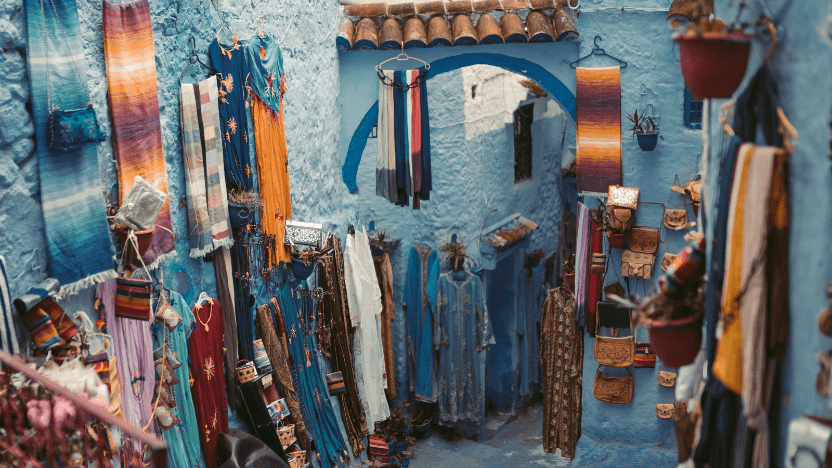Two actions to take to overcome counterfeit issues this summer

Counterfeit issues can spike in the summer months, warns Mariëlle Hoffer. Protect your brand assets effectively this season by taking these two strategic actions.
Summer holidays are on the horizon for us in Europe, with many of us making plans to travel to new shores this year. Depending on our chosen destination, we can expect to find counterfeit products in street markets, from clothing and toys to bags and perfumes. However, even those who do not plan to travel this year can expect to see a spike of counterfeits online. While a problem all year round, counterfeit issues can spike in the summer period for certain brand owners – especially those in the fashion industry.
Why acting against counterfeit goods is important
If third parties copy your products, it can negatively impact the consumer brand experience and damage the exclusivity, prestige and profits of your brand. Poor quality and unchecked counterfeit products can be dangerous to safety and health, as is the risk with counterfeit toys, electronics and medicines, for example. In addition, counterfeiting can also be a source of finance for terrorist organizations, drug cartels and other criminal gangs, so the purchase of counterfeit products is certainly not a victimless act.
Act against counterfeit issues with these two strategic tools
In the fight against counterfeiting, the trademark owner has access to two strategic tools:
- File Applications for Action at Customs
Customs authorities play a major role in the fight against counterfeiting. Every year, they intercept large shipments of counterfeit products, with 86 million counterfeit products, at an estimated value of more than €2 billion, seized in 2022 in the EU alone.
While customs intercept shipments ex officio, trademark owners are also advised to file Applications for Action (AFAs). These provide customs authorities with more information about your IP rights, such as trademark registrations, design registrations and patents, as well as any security features, so that customs officers can more easily recognise counterfeit products. By providing customs with information about the usual shipment routes and shipping parties, they will be better able to intercept the infringing shipments.
AFAs are valid for one year but can be extended for increments of one year, during which time new information can be added; for example, about new security features or changes to shipment routes.
Another advantage of filing an AFA is that if customs intercept a shipment, you (as a trademark owner) will have 10 (as opposed to four) working days to indicate whether the shipment concerns infringing products. The declarant or owner of the products will be informed of the seizure and intended destruction of the shipment at the same time and given the opportunity to object. In the absence of a response or an unsuccessful defence in civil proceedings, the shipment will be destroyed.
- Sign up for an Online Brand Protection tool
As a result of the rise of e-commerce, many counterfeit products are now shipped in small quantities via online stores or other online channels. Due to the enormous flow of packages and mail sent every day, intercepting small packages containing counterfeit items can be challenging for customs authorities.
Online Brand Protection tools can support by monitoring online marketplaces, social media and other web content for the unauthorised use of your brand. Based on an initial briefing (for example, about the price of the product and the sales channels), counterfeit products can be rapidly identified.
Novagraaf’s Online Brand Protection tool automates monitoring and enforcement of brand infringement and counterfeit issues. Not only does it provide a clear overview of results, but it also generates pre-agreed enforcement actions so you can act rapidly and cost-effectively according to your anti-counterfeiting strategy and budget.
For more tips and advice on mitigating counterfeit issues, download our white paper ‘Is your anti-counterfeiting strategy up to scratch?’, speak to your Novagraaf attorney or contact us below.
Mariëlle Hoffer is a Senior IP Consultant at Novagraaf in Amsterdam.